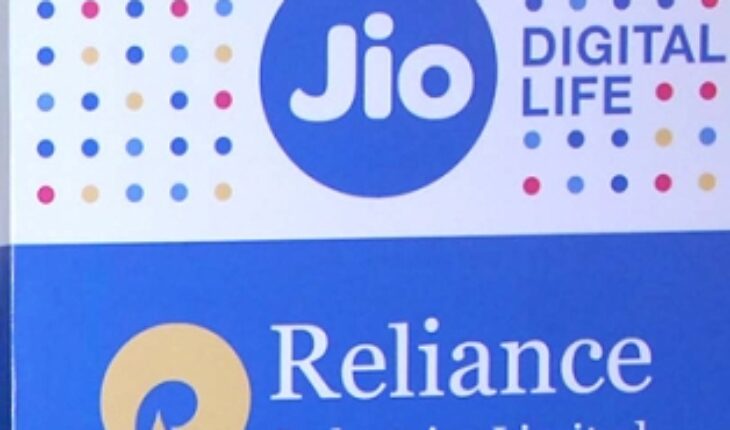NEW DELHI: Upping the ante in its war of words with existing telecom operators, new player Reliance Jio on Tuesday rejected allegations of creating tsunami of traffic from its mobile network.
“RJIL’s (Reliance Jio Infocomm) outgoing traffic is less than 2 calls per customer an hour even during peak traffic period, which requires only a reasonable number of POIs (point of interface). These calls are not to one operator but distributed over all the operators. Incumbent operators are describing such a modest call rate as a Tsunami of traffic from RJIL,” RJIL said in a statement.
Reliance Jio, which commercially launched its services on September 5, has accused incumbent players of not releasing sufficient inter-connection ports which is leading to call drops. “The situation has deteriorated significantly in the last few weeks, with over 75 calls failing out of every 100 call attempts. In last 10 days alone, over 22 crore calls have failed on the Airtel network, while 52 crore calls have failed cumulatively on the networks of the three incumbent operators viz. Airtel, Vodafone India and Idea Cellular,” the statement said. Airtel last week had asked the Telecom Regulatory Authority of India (Trai) to find a way to curb the massive asymmetric traffic and ensure that receiving networks are not abused by tsunami of free traffic from RJio. Interestingly, RJio countered the allegations on a day when Airtel announced that it has decided to put additional interconnect points for Reliance Jio which will be sufficient to support 15 million customers of the new operator. RJIL also said that it has been writing regularly to Airtel and other incumbent operators regarding its requirement for interconnection capacity over the last few months. “Necessary details have been provided to Airtel from time to time, highlighting the urgency of the requirement and the impact on Quality of Service parameters. However, no action was taken for the last several weeks, resulting in non-compliance of Trai regulation on quality of service which mandates that POI congestion should not affect more than 1 call in every 200 calls made,” the statement said. Indian customers have not been able to enjoy RJIL’s free voice offer as a result of such anti-competitive behaviour of incumbent operators, it added. Inter-connection is required to enable mobile users to make calls to customers of other telecom networks. A mobile operator levies inter-connection usage charge for each incoming call it gets from subscriber of another network. Incumbent telecom operators have been demanding higher interconnection charges compared to 14 paise they get for each incoming mobile call on their network. RJIL said that when a new operator begins its operations, its customer base is understandably low and a large proportion of these are new numbers that are not yet in the address book with whom they communicate. “Therefore in the early days of operations of any new operator, there are more outgoing calls than incoming calls. Overtime, as the customer base grows, this asymmetry reduces and the traffic becomes symmetric,” the company said. RJIL countered incumbent operators claim correlating POI number with asymmetry of traffic. “The equipment required for POI are two-way trunks, which means that the same equipment is used for both directions. No additional equipment is needed for handling the calls coming from RJIL to the other operator. It is therefore in customer interest to have adequate interconnection capacity irrespective of direction of traffic,” RJIL said. Idea on Monday said it has decided to proactively expand capacity with Jio to over 6.5 million subscribers, with the release of 196 additional POIs, shortly. Vodafone is yet to share its position on POI.–PTI






